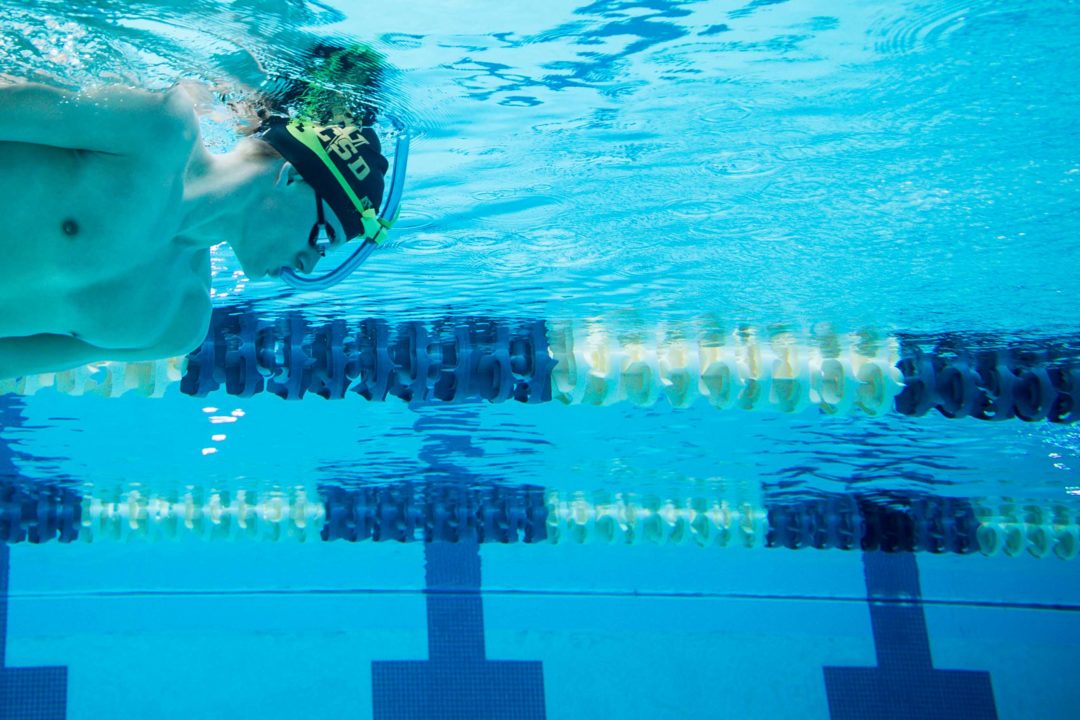Courtesy: Elizabeth Wickham
Watching our kids compete can feel like an emotional rollercoaster. I’ve felt this myself more than once. One minute I’m on top of the world when they get a best time and win their event. Then, in the abyss when they don’t show up for their event and I wonder what happened.
I was talking with a fellow swim parent and she said, “It drives me crazy that their anxiety or ups and downs puts us on their roller coaster.” She’s a psychologist and her words made me realize that this roller coaster analogy is true in all aspects of parenting, from babyhood through adulthood, not just swimming. Once you think everything is calm, something is bound to happen to get the excitement, adrenaline or worry going again.
What can we do about getting off the emotional roller coasters in our children’s lives?
ONE
Wait.
When something happens that stirs up emotions with our children—whether it’s a coach, swim friend, or another swim parent—take time before reacting. Sometimes waiting overnight will give a better perspective and the problem will take care of itself, or at least not seem so pressing with emotions no longer running high. I’ve found that the best action to take is often nothing. Waiting for 24 hours gives a different perspective than when we’re in the heat of the moment.
TWO
Listen.
When our children come home with a problem, the best thing we can do is listen and support them. Be there for them, but not as a problem solver. They may rant and not want us to jump in and make it better. It took me years to learn this and it was eye-opening. I don’t need to offer a solution for every complaint I hear from my kids. Listening is often enough. This gives them the opportunity to learn and practice problem solving skills.
THREE
Don’t climb aboard.
We have a choice when our kids are going through ups and downs. We can jump into the seat next to them and strap on the seat belt, or, we can stay on solid ground with our feet firmly planted. It’s tempting to jump aboard and experience the roller coaster with them. Our children will mirror our reactions so if we can alleviate drama, they will too. They will learn more without us and we’ll be waiting for them when the ride is over.
What is your advice for handling the emotional roller coaster with your kids?
 Elizabeth Wickham volunteered for 14 years on her kids’ club team
Elizabeth Wickham volunteered for 14 years on her kids’ club team as board member, fundraiser, newsletter editor and “Mrs. meet manager.” She’s a writer with a bachelor of arts degree in editorial journalism from the University of Washington with a long career in public relations, marketing and advertising. Her stories have appeared in newspapers and magazines including the Los Angeles Times, Orange County Parenting and Ladybug. You can read more parenting tips on her blog.

I had gotten pretty good at being chill about it all until recently. My 15yr old lost his mojo in the lead up to Nationals so I started stressing that he was going to swim really badly and miss out on finals and lose his spot on the state squad. And he did, all of those things happened. But we woke up the next day, and the world was still the same. He asked me if I thought any Olympians had choked when they were in age group swimming, to which I answered, undoubtedly most of them at some stage. I realised that one bad meet, no matter how big or important it seems, does not have to mean the… Read more »